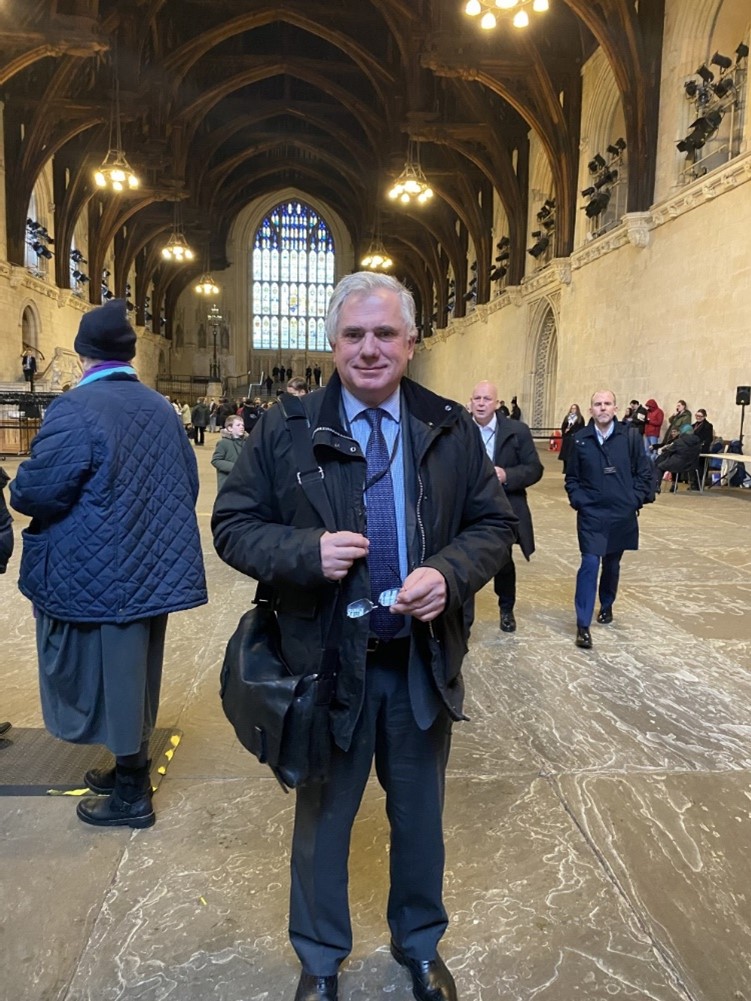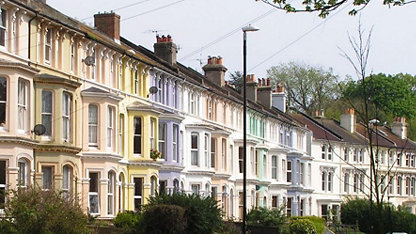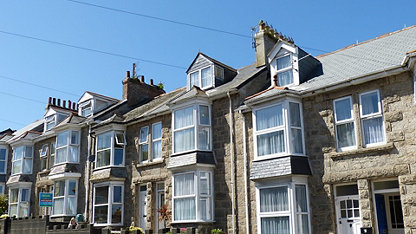One of the scary things about working for RICS is how seriously people take us when we speak in public. This becomes even scarier when you’re live on TV. It's a huge privilege and a huge responsibility.
So, it was with some trepidation that I set off to give evidence to the House of Lords Committee on the Arbitration Bill on Wednesday 21 February. I passed under the vast hammerbeam roof of Westminster Hall where King Charles I was sentenced to death and the late Queen Elizabeth II lay in state; stood in the Central Lobby looking through to the Speaker’s Chair in the House of Commons where political debate would rattle the windows only a few hours later; and then up the marble stairs to the corridor of Committee Rooms above the Thames to be grilled by a panel of Peers.
I had been invited to discuss an amendment by the UK Law Commission to the Arbitration Bill, which would tightly interpret foreign parties’ contracts to make the law of their arbitration the Law of England, even where they may have expected it to be that of their own country.
The amendment presents a challenge for our Dispute Resolution Service (DRS). We have created a panel of eminent construction arbitrators in India, including some of our most senior Fellow members, former judges of the Indian High and Supreme Courts, and DRS’ leading UK construction arbitrators. We have also entered into a memorandum of understanding (MoU) with the Indian government’s India International Arbitration Centre. This has catapulted RICS centre stage in the fast-growing Indian arbitration sector.
Since COVID-19, the shape of arbitration has changed; it's now often conducted online with the arbitrator, counsel, witnesses and parties on Teams or Zoom. This is good for us because we can put an arbitration panel together of, say, an Indian senior quantity surveyor, a retired judge, a UK-based arbitrator from our President's Panel, and run the arbitration with London as its seat. The new law could possibly deter parties abroad from using London as the seat of their arbitration, and so I shared my thoughts at the House of Lords.
Our work in this field is crucial to the success of our strategic goal to strengthen trust in the profession and uphold professionalism.
If I’ve piqued your curiosity about what a House of Lords Committee is like, the session can be viewed on the Parliamentary TV site here: Parliamentlive.tv - Arbitration Bill [HL] Special Public Bill Committee
John Fletcher
Executive Director, Dispute Resolution Service















